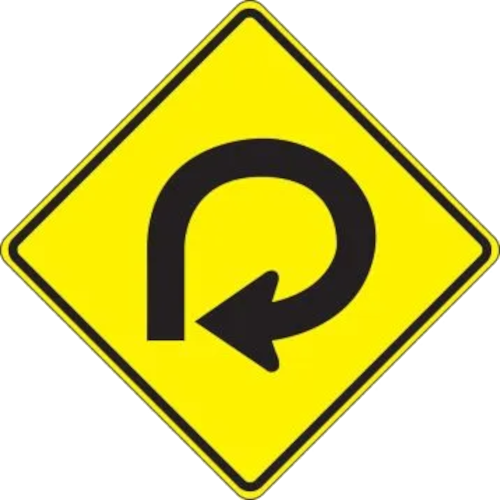On day two of Amy Coney Barrett’s Senate confirmation hearing , Judiciary Committee Chairman Lindsey Graham asked, “You say you’re an originalist. Is that true?” “Yes,” Barett replied. “What does that mean in English?” Graham continued. “… [T]hat means that I interpret the Constitution as a law, that I interpret its text as text, and I understand it to have the meaning that it had at the time people ratified it. So that meaning doesn’t change over time and it’s not up to me to update it or infuse my own policy views into it,” Barrett replied, reciting a now familiar mantra.
Some time later that day Senator Mike Lee of Utah probed further: “Tell me why textualism and originalism are important to you.” “… I think originalism and textualism, to me, boil down … to a commitment to the rule of law," Barrett said, "to not disturbing or changing or updating or adjusting ... in line with my own policy preferences what that law required.” “And is it the subjective motivation, the subjective intent of an individual lawmaker or drafter of a constitutional provision that we’re looking at?” Lee continued, “Or is it original public meaning? And if so, what’s the difference between those two?” “It’s original public meaning, not the subjective intent of any particular drafter,” Barrett predictably replied. “So one thing I have told my students in constitutional law is that the question is not what would James Madison do? We’re not controlled by how James Madison perceived any particular problem. That’s because the law is what the people understand it to be, not what goes on in any individual legislator’s mind.”
These exchanges present the rote formulation of originalism and textualism – legal jargon that has seemingly improbably found its way into popular media. Writing in 2011 on the occasion of members of the House of Representatives reading the Constitution aloud at the opening of its legislative session, University of Chicago’s Eric Posner noted with some surprise at the ascendance of originalism signaled by the House’s homage. “Although originalist ideas have floated around since the Founding,” Posner wrote in the New Republic, “the modern theory was produced by a small group of mostly marginalized (conservative) academics, whose ideas were rarely taken seriously by the most influential (liberal) scholars in the top law schools.”
